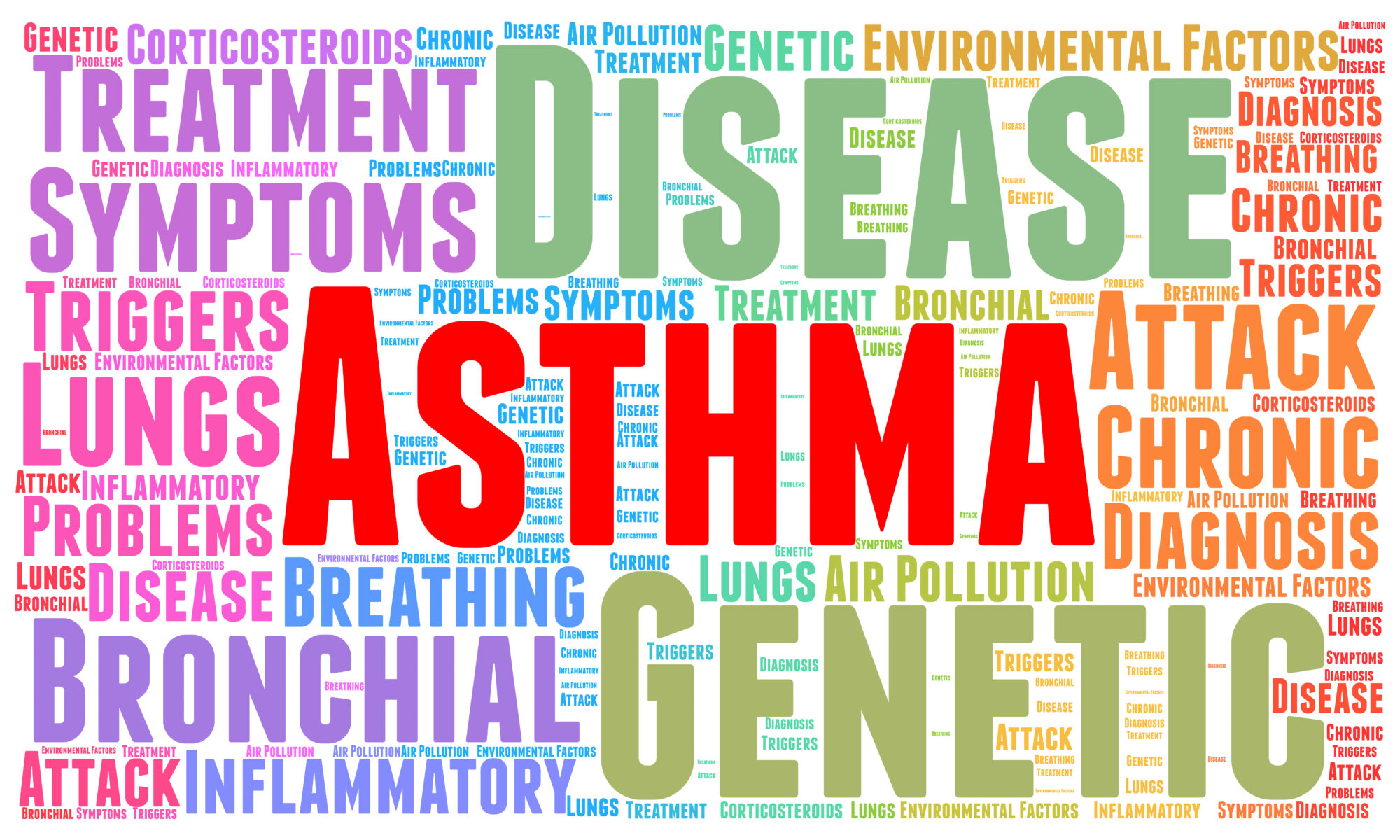Tumorigenesis is a complex process regulated by multiple factors in the cancer cells and the surrounding tumor microenvironment. Because the microenvironment can accelerate tumor growth and contribute to therapeutic resistance, there is great interest in developing cancer therapeutics that directly target the microenvironment. Pancreatic adenocarcinoma is an important example of an aggressive and deadly cancer supported by an abundant microenvironment of non-malignant cells. Chemotherapies and targeted therapies only have modest efficacy against pancreatic adenocarcinoma, leading to an overall 5-year survival rate of 9%, and the microenvironment is thought to contribute to this drug resistance. Thus, the pancreatic tumor microenvironment is under active investigation as a source of new possibilities for therapeutic development.




